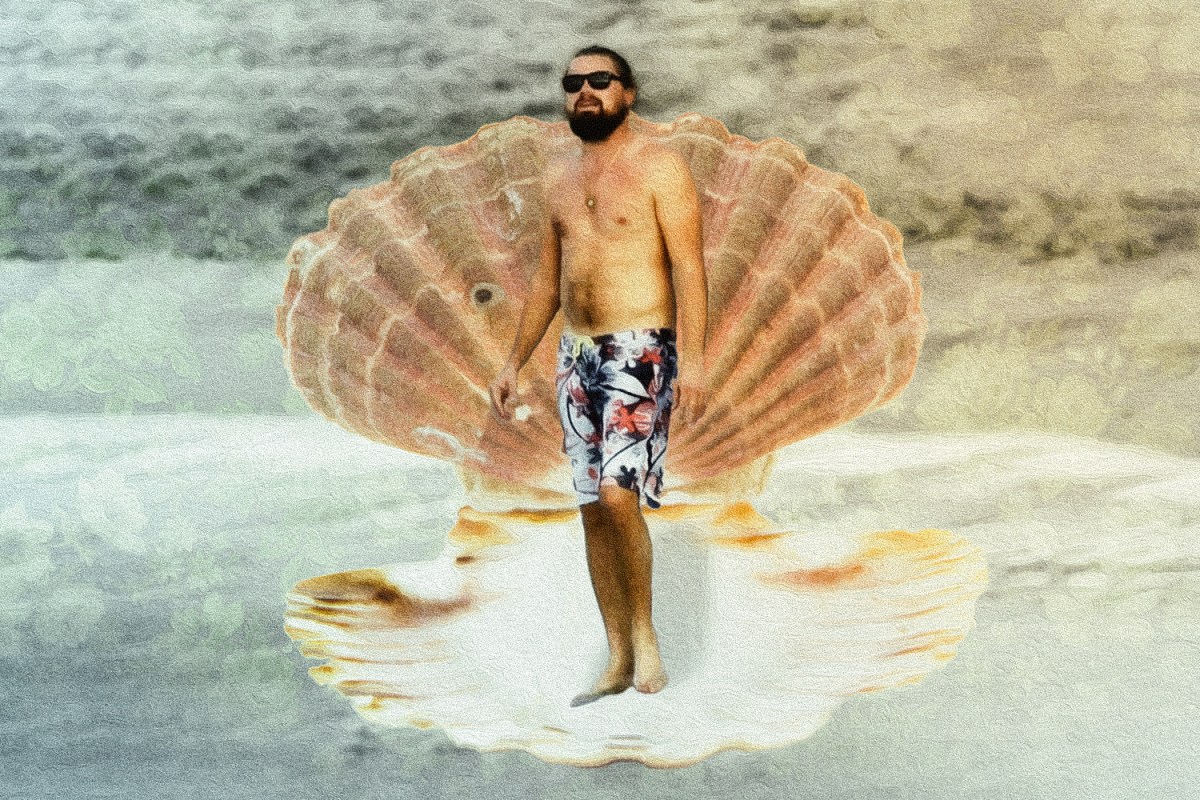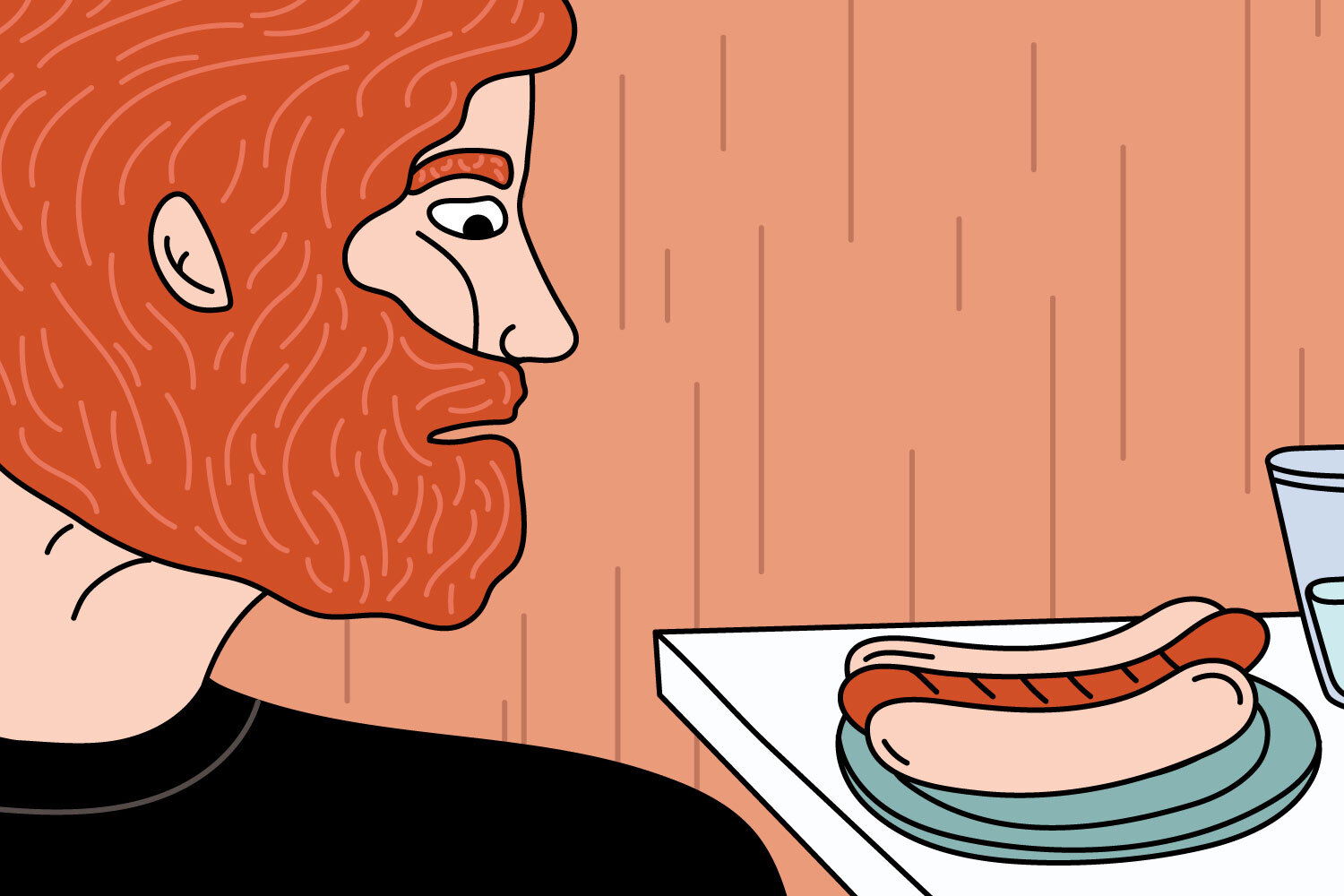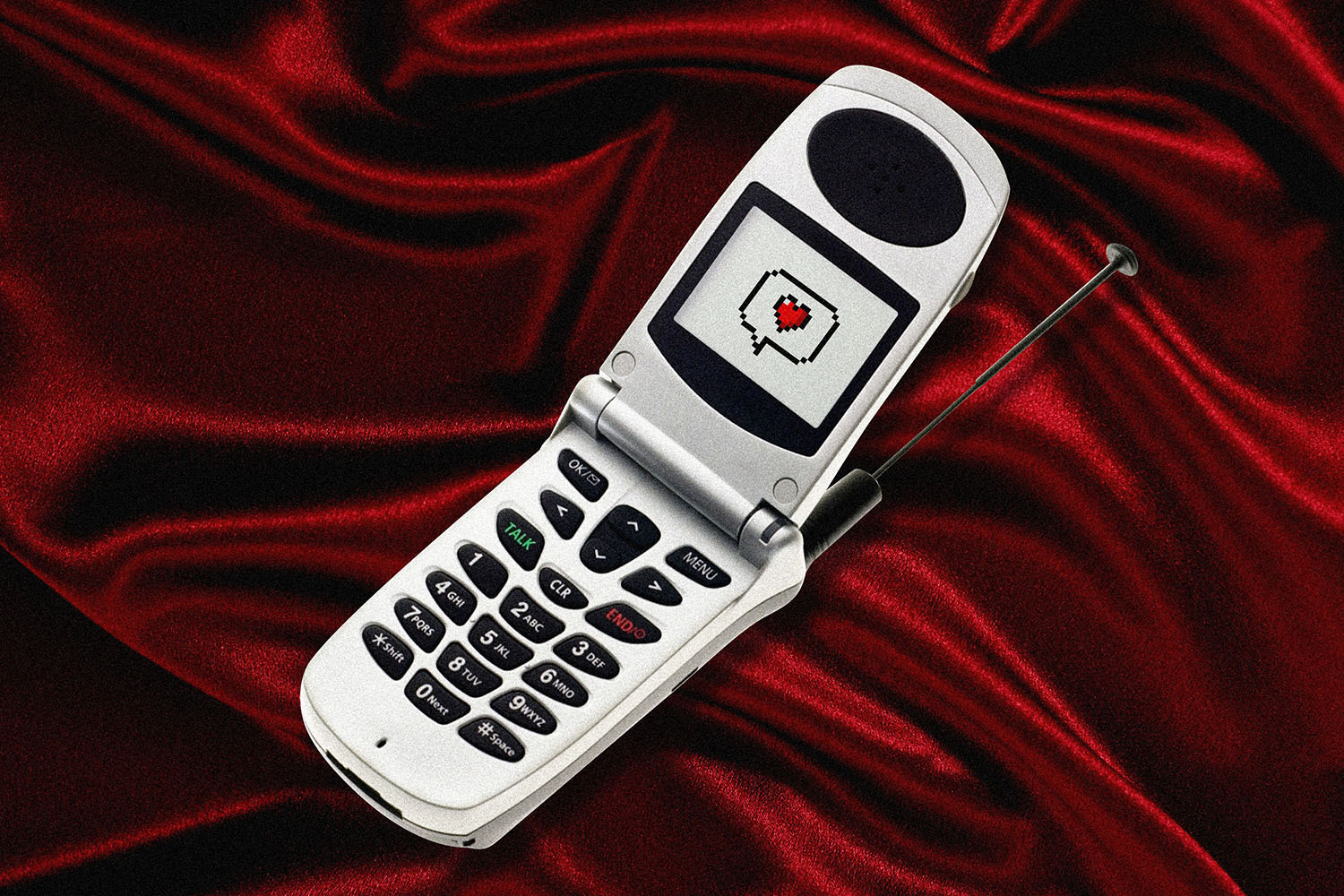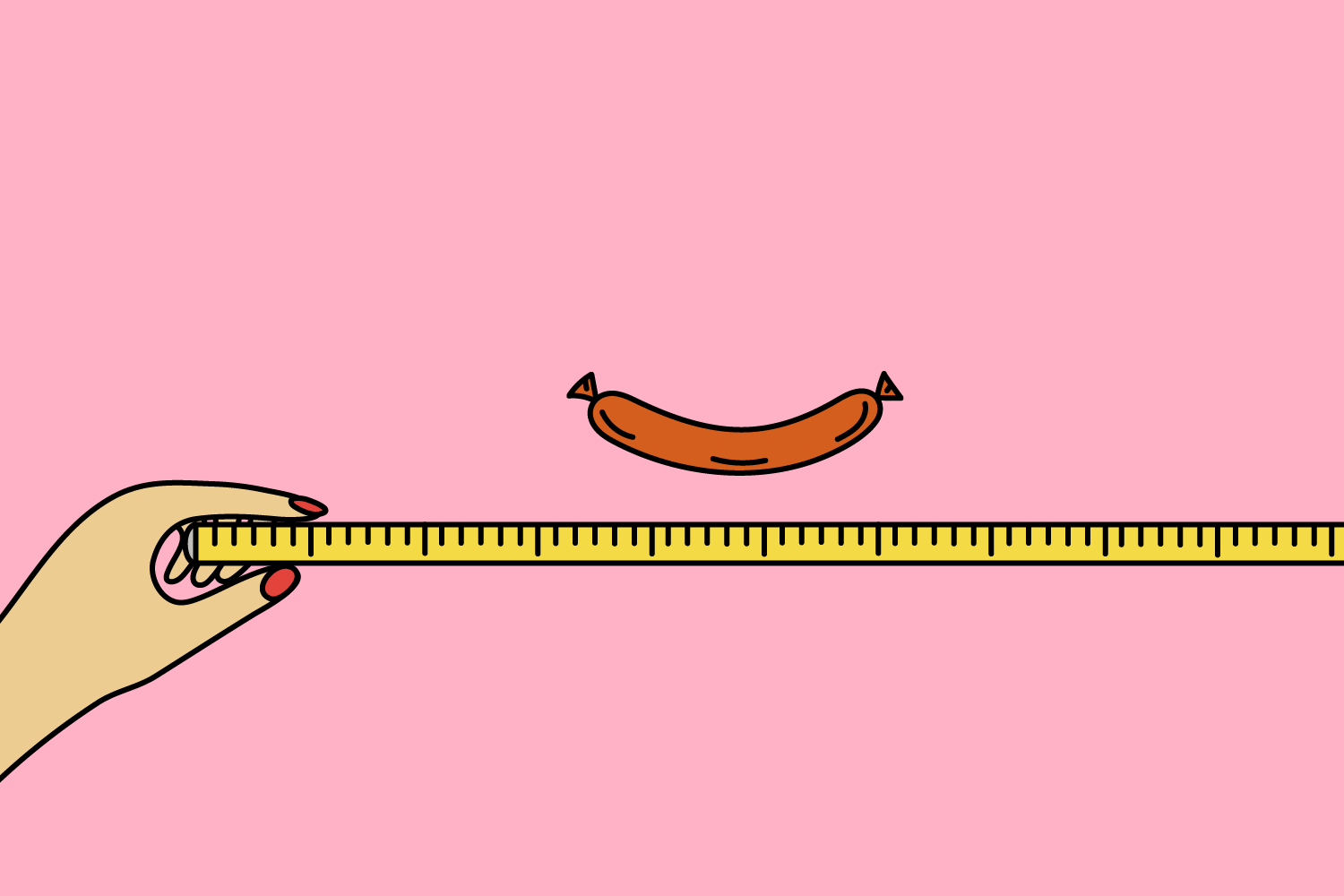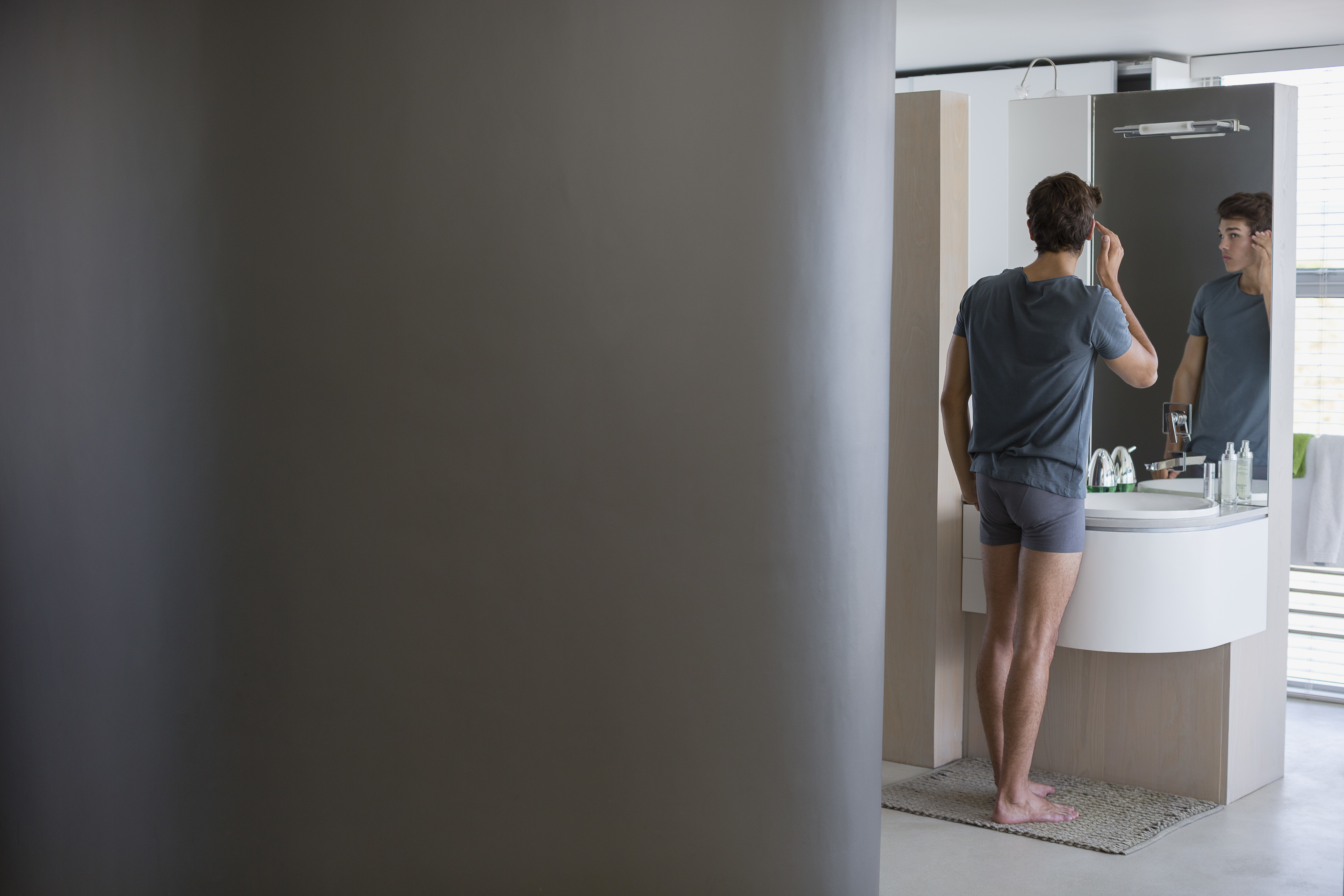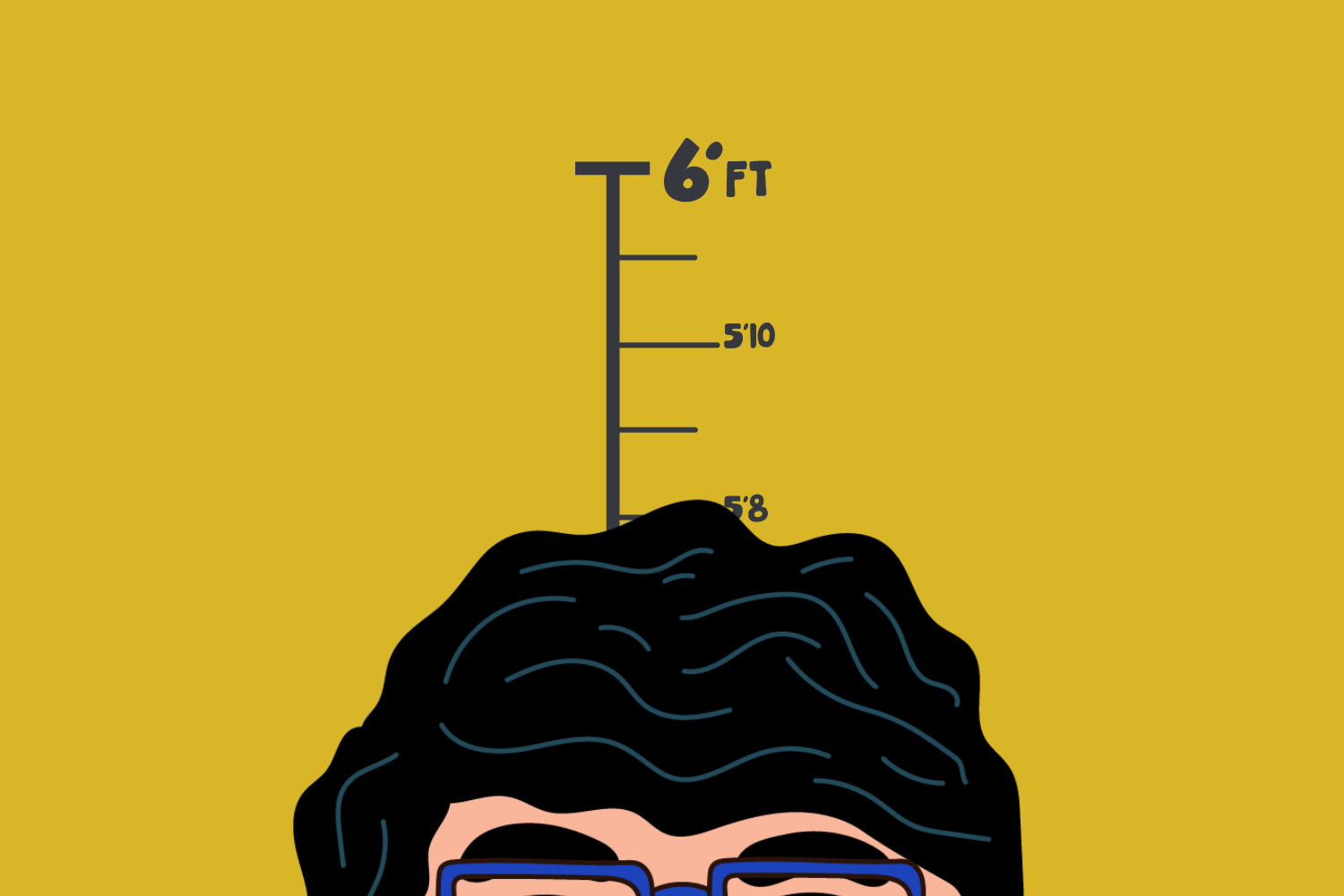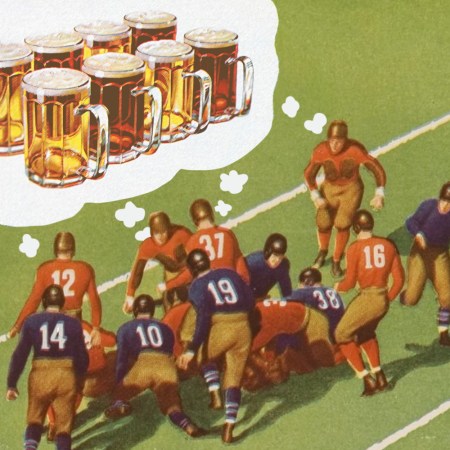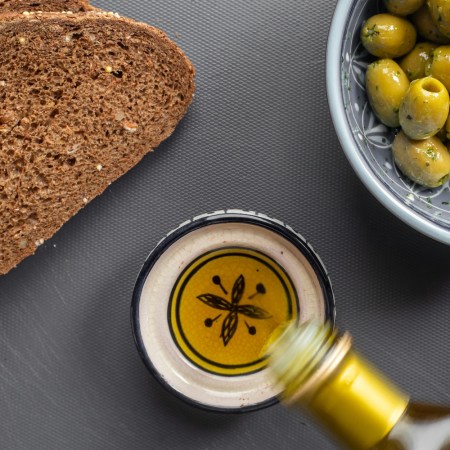I regret to inform you that dad bod is back.
I don’t mean the physique itself — which never went anywhere because the fleshy form to which the term refers is, by definition, a pretty easy one to maintain — but rather the late-2010s buzzword and the surrounding discourse it provoked. For those who have the luxury of having forgotten what people were talking about on the internet six years ago, “dad bod” entered the cultural lexicon around 2015, then quickly took over the zeitgeist from there. The origins of the dad bod discourse are often attributed to a 2015 Odyssey article by then-college sophomore Mackenzie Pearson, who described the dad bod as, “a nice balance between a beer gut and working out,” arguing that many women actually prefer this low-maintenance physique over a more sculpted male form because the former “doesn’t intimidate us.”
The term caught on, and discourse ensued, as it is wont to do. There were myriad dad bod explainers, obligatory dad bod countertakes, dad bod infographics and even a “dad bod” parody of Taylor Swift’s “Bad Blood.” Even celebrities, including Leonardo DiCaprio, noted childless dad-bod-haver, made headlines for rocking the buzzy physique. Like all memes, however, dad bod eventually ran its course, and was even declared dead by GQ in 2019.
But internet discourse, like the very building blocks of material existence itself, can neither be created nor destroyed. It just changes shape, cycling through various forms until one day, at some inevitable point in the future, somebody finds an old meme in the back of the internet’s closet and attempts to resurrect it. That seems to be what happened yesterday, when the New York Post ran an article claiming the dad bod is making a post-pandemic comeback. Thus, in this, the year 2021, we find dad bod discourse emerging from the ashes of Cinnamon Toast Crunch shrimp tails to reprise its role in an ill-advised 2021 revival.
It’s not that there’s anything wrong with the dad bod itself, nor is there necessarily anything inherently problematic about Pearson’s original argument, despite some very fair counterarguments claiming praise for the dad bod highlights the sexist disparity between the unequal beauty standards to which men and women are held. In fact, at face value, the central dad bod thesis even appears somewhat body positive, and seems to provide space for men to enter largely female-dominated conversations about body image. In praising more “average” physiques as not only acceptable, but sexually desirable, the dad bod buzz represented a subversion of traditional standards of attractiveness and masculinity.
Moreover, in addition to giving space and recognition to male bodies that fall short of societal ideals of “peak performance,” embracing dad bods also provided women with some power, or at least the illusion of it. As a woman, it’s easy to measure your own sexual market value as a reflection of your partner’s. If you are dating a conventionally attractive man, that suggests you, yourself, have more sexual currency at your disposal; “If he’s hot, that means I’m hot.” It can feel subversive and empowering, then, to actively reject the sexual currency a man is presumed to possess based on his good looks — to look a man right in the perfectly chiseled abs and say, “Eh, no thanks.”
As I’ve previously written about the similarly self-aggrandizing satisfaction of being a woman who prefers a more modest-sized penis, however, the problem with these sentiments is that they’re often merely a reversal of the exact same kind of body shaming they seek to subvert. Are men with eight-packs and bulging biceps losing sleep over dad bod competition? Probably not. But as we move away from the admittedly flawed body positivity of the 2010s toward a movement more focused on body neutrality, it’s become increasingly clear that there’s simply no reason to talk about — let alone assign value judgements — to any body, body type or body part.
We can appreciate a dad bod, yes, but we needn’t crown it the ideal male form. More importantly, we don’t need to go digging up old discourse; we have plenty of our own. Let’s leave the dad bod back in 2015. It was a simpler time. He’ll be happy there.
The Charge will help you move better, think clearer and stay in the game longer. Subscribe to our wellness newsletter today.
